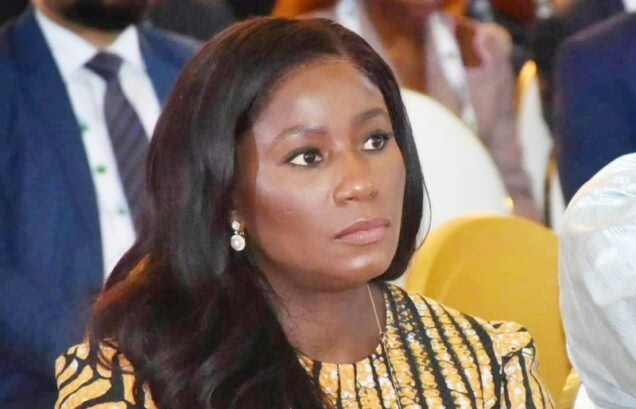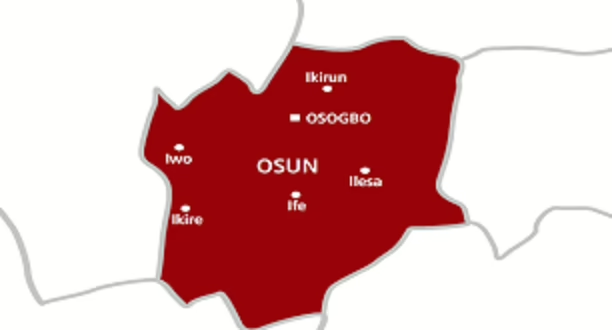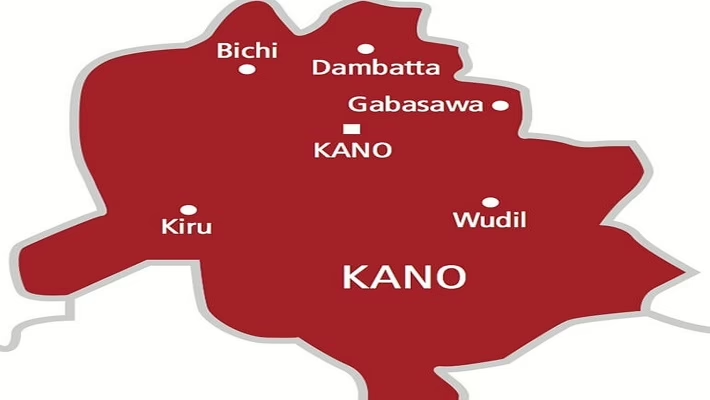FG targets seven million homes with Smart Meters to end Estimated Billing
Olu Arowolo Verheijen
Published By: Kazeem Ugbodaga
By Kazeem Ugbodaga
In response to recent media reports suggesting a dramatic increase in electricity tariffs, Olu Arowolo Verheijen, the Special Adviser to the President on Energy, has clarified the government’s stance, outlining key power sector reforms that prioritize the needs of the most vulnerable Nigerians.
Addressing the issue, Verheijen in a statement emphasized that, contrary to some reports, the federal government is not imposing a 65 percent increase in electricity tariffs.
Instead, she explained that the 2024 tariff hike had raised Band A tariffs to a point where they now cover about 65 percent of the actual cost of electricity supply.
She said the government is continuing to subsidize the difference, with its immediate focus on providing more electricity, reducing outages, and protecting those most in need.
One of the central reforms Verheijen highlighted was the Presidential Metering Initiative (PMI), aimed at rolling out 7 million smart meters across the country starting in 2025.
This initiative, she explained, would eliminate the practice of estimated billing, bringing much-needed transparency to electricity charges.
She explained that metering would not only ensure that Nigerians are billed for actual consumption, but it would also improve revenue collection, attract investment, and strengthen the country’s power infrastructure.
- War on child hunger: FG, AMA Foundation unveil enhanced feeding initiative
- Seplat in hot water: FG files charges for $37.5m Tax Evasion
- Alleged money laundering: Court orders temporary forfeiture of $378, 000, exotic car to FG
Verheijen also pointed out the government’s ongoing efforts to reform the subsidy system, saying that currently, the federal government spent over ₦200 billion per month on electricity subsidies, much of which disproportionately benefits the wealthiest 25 percent of Nigerians.
She added that a new targeted subsidy system is being developed, aimed at providing support where it is most needed — to low-income households, saying that this shift in policy is expected to make electricity more affordable and accessible for millions of Nigerians.
Another crucial aspect of the ongoing reforms, she said, is the settlement of legacy debts owed to power generation companies.
“For years, these debts have impeded the growth and stability of Nigeria’s power sector. By clearing these outstanding obligations, the government intends to unlock new investments in infrastructure and service delivery, ultimately ensuring a more reliable electricity supply.
“In a bid to further reduce energy costs, the government is also working to cut the price of alternative power sources, including Compressed Natural Gas (CNG) and Liquefied Petroleum Gas (LPG), through fiscal incentives like VAT and customs duty waivers,” she said.
Verheijen stressed that these reforms were designed with the Nigerian people in mind, particularly addressing the economic challenges many face.
She explained that from eliminating unfair billing practices to creating a more targeted subsidy system, the government’s approach aims to make electricity more affordable, accessible, and equitable for all Nigerians.
“These reforms are laying the foundation for better service delivery, expanded access to electricity, and long-term prosperity for all Nigerians,” Verheijen concluded.











